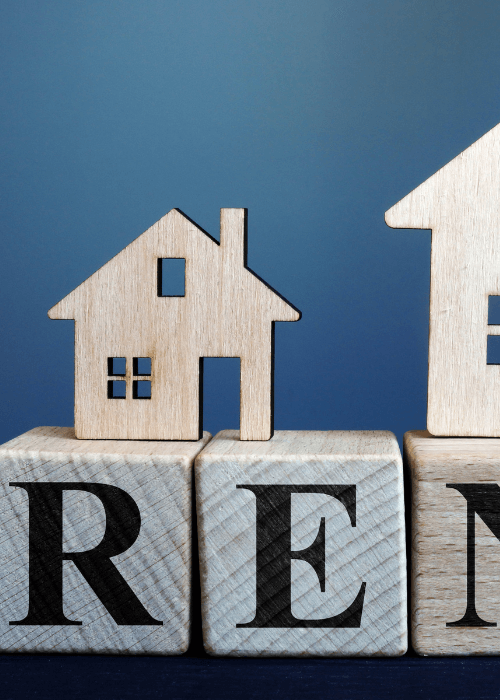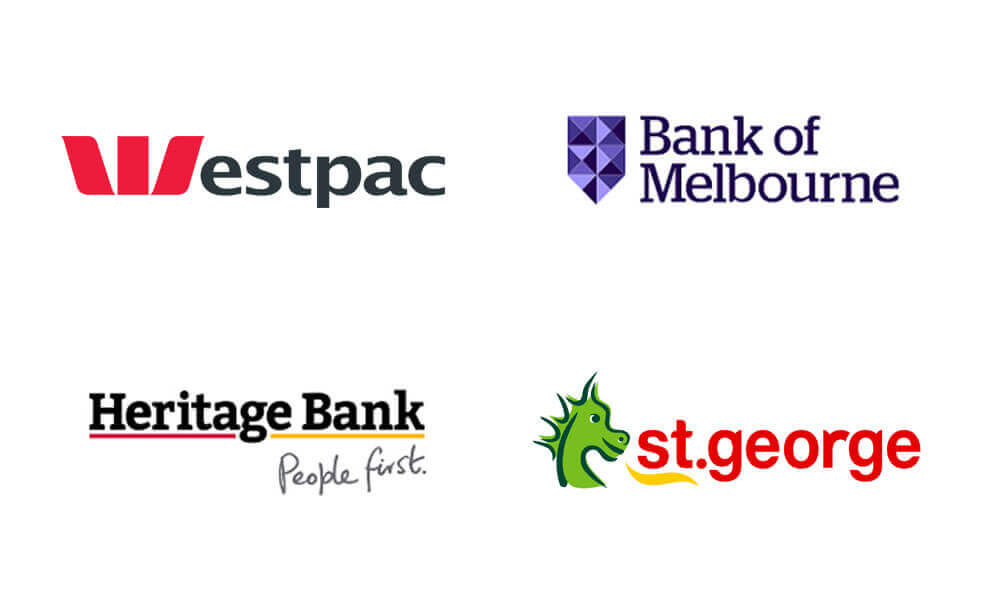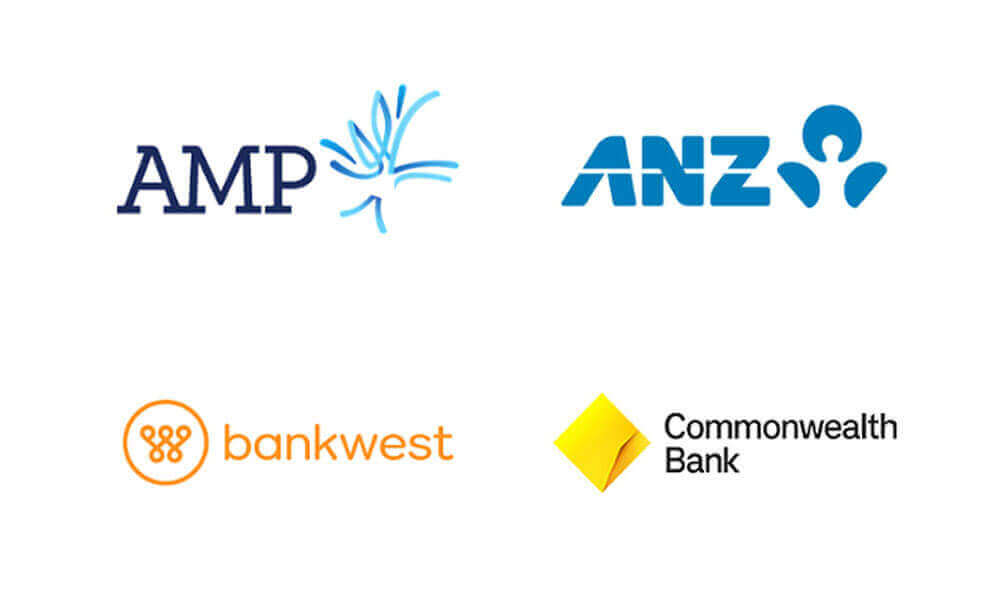
The Ins and Outs of Rentvesting
Are you stuck between renting or buying, but you can’t afford a property in the…

Dreaming of buying your own beachside pad or forest retreat that you can enjoy part of the year and rent out the rest? Here’s what you need to know.


With international travel off the cards, many people are choosing to holiday domestically. If you have the budget for it, a great way to do that is by purchasing your own holiday home.
The benefit of owning a holiday home is that you’ll have a vacation retreat for a little R and R throughout the year, while also potentially gaining additional income if you rent it out.
So, what should you be aware of before investing in a holiday home? Here are some tips.
Be clear about the purpose
One thing to keep in mind is that the periods when you want to stay at your holiday home may also be the times you can make the highest rental return. If your property is in a beachside location, for example, demand may be highest during summer, so you may have to forgo staying at your holiday home during those peak periods.
Before buying, consider what’s more important to you – making the big bucks or having access to the property during those peak times. That way you can budget and plan your cash flow accordingly.
Remember the golden rule
As with any property purchase, location is key. Optimally, you’ll want to choose a property that offers solid capital growth potential. Consider the supply of holiday homes in the area, as well as the demand in the market.
Aim for locations that aren’t solely reliant on seasonal crowds and consider choosing areas with industries other than just tourism, so that your property remains tenanted.
To attract a wide variety of renters, opt for areas that have access to amenities and major infrastructure.
As an example, the Gold Coast has proven popular with investors snapping up holiday homes in recent months. Beachside suburbs such as Miami, which has experienced a 12-month capital growth of 28.21% for houses, are in high demand. With infrastructure projects like the Gold Coast light rail – stage 3 in the pipeline, not only does the Gold Coast offer the lifestyle element, but also great access to amenities and major infrastructure.
Check the zoning
It’s important to understand the local zoning rules before purchasing a holiday home.
There may be restrictions on short-term accommodation use or you may need to make an application to be a short-term accommodation provider. Also be aware that in some areas of Australia, there may be laws regulating short-term rentals that limit the number of days you can rent out a holiday home, so be sure to do your homework.
Understand the tax implications
It’s always a good idea to speak to your financial planner or accountant about the tax implications of making a big purchase like a holiday home.Some things that should be on your radar:
Something else to keep in mind is that you’ll need to be meticulous about record keeping.
Like to chat about finance?
If you’re considering a holiday home purchase, chat to us about your finance options. We can explain your borrowing power, including whether you can use any existing equity to help you achieve your goals. Reach out today!

Are you stuck between renting or buying, but you can’t afford a property in the…

Aspiring to become a homeowner is one thing, actually planning how you’re going to pull…
We can help get you into your new home.
We’ve worked with clients across Australia to access the different first home owner grants (FHOG) as well as the various stamp duty and other concessions that may be available depending on which state you are in. We can talk you through your various options as well as helping you compare things like buying vacant land vs. an established home.
Use our online calculators to work out how much you can borrow, loan repayments, stamp duty and lots more.






